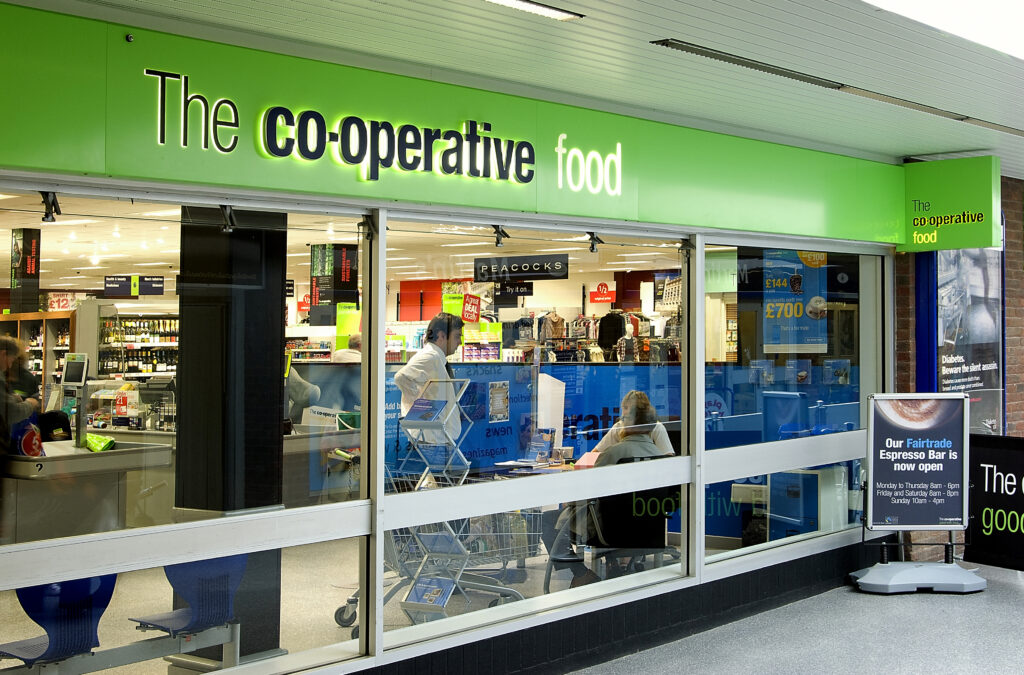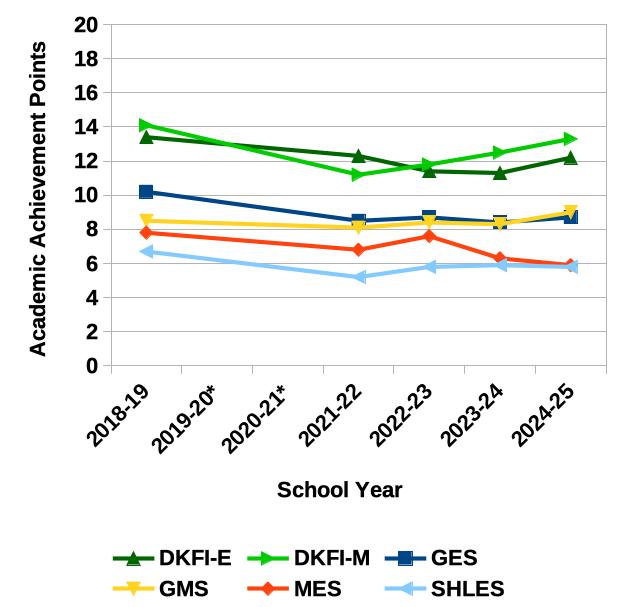October is Co-op Month and Greenbelt has perhaps the largest concentration of cooperatives per capita anywhere in the U.S. With seven varied co-ops, the city epitomizes the cooperative spirit.
City cooperatives include the Greenbelt Co-op Supermarket & Pharmacy, Greenbelt Federal Credit Union, Greenbelt Homes Inc., Greenbelt Nursery School, Greenbelt News Review, New Deal Café and the most recent, Makerspace. Gone, sadly, is the Cooperative Babysitting Association which contributed so much to the mental health of young families back in the day (although it continues in some respects as the Greenbelt Mamas and Papas).
All Greenbelt co-ops except the News Review are variants of consumer cooperatives. These exist to purchase or otherwise provide goods, resources, services and management for the collective benefit of the member customers. The News Review is the only worker cooperative in the city, and the difference is that its members receive dividends on the basis of the amount and type of work contributed, not on the amount of purchases.
Unique Co-op Aspects
A unique feature of all cooperatives is that all or part of the profits of the business are distributed to the member-owners and, unlike dividends to owner/shareholders, the distribution is done before the organization’s income taxes are computed for the year. Shareholder dividends in a corporation (though not an LLC or partnership) are generally taxed twice: once at the corporate level and again at the shareholder level. Cooperatives, however, are taxed only once, after the dividends have been distributed. Although designated as not for profit, if a co-op keeps its profits instead of paying them out to members, it is taxed on the profit and does not receive the exemption that would be afforded a registered charity, a 501(c)(3).
Flexibility of Structure
Just to show how flexible a business arrangement this is, it may surprise readers to learn that Ace Hardware is, in fact, a cooperative. Unlike our grocery co-op where the members are the customers in the store, Ace Hardware is a cooperative whose members comprise the franchise owners who use their collective buying power to purchase goods and services, giving each store competitive wholesale rates it couldn’t get alone. Each Ace Hardware franchisee is a co-op member. And for only $5,000 to join and an average of $1M in startup costs, there’s an opportunity for everyone.
The History of Co-ops
In 1840s Rochdale, England, amidst the rapidly growing manufacturing sprawl of industrial Manchester, the industrial revolution was creating a huge influx of workers into cities from the countryside. These families were at the mercy of unscrupulous retailers and company stores. Working conditions and poverty were appalling and malnutrition prevalent. Rickets and other malnutrition-related illnesses contributed to high rates of infant and child mortality.
Social activists of the time had made previous unsuccessful attempts to organize for cooperative purchasing, but in December 1844, the Rochdale Equitable Pioneers Society opened a grocery store that was the first enduringly successful attempt. With minimal capital of 10 pounds each paid in by individuals over a period of months, the first store was a success – and by the turn of the 20th century there were nearly 1,500 such stores across England. Raising 10 pounds at one pound apiece wasn’t easy for people in poverty and was contributed over several months in installments.
Beyond Groceries
The principles they developed for the cooperative movement were far more comprehensive (see box) than mere groceries, although this critical practical need got first priority. Such a radical viewpoint was partly why, over 100 years later, the House Un-American Activities Committee snagged Greenbelt’s cooperative leaders in its net.
What has most strongly come down through time to the present day, however, is the idea of an enterprise governed by the people who benefit from it and, in particular, to the idea of dividends – which is how those who own and participate in the organization are rewarded.
Cooperatives Internationally
In today’s England, the local co-op grocery store is ubiquitous in smaller towns or suburban locations. They, like Greenbelt’s store, occupy a middle tier between the large chains and the convenience store. There are over 3,900 such grocery stores in the United Kingdom, all but 800 or so in England. Collectively, they are the fifth largest food retailer. The Co-op funeral service is also, surprisingly perhaps, the largest source of funeral services. Co-ops are also expanding into legal services and offer insurance policies.
In Europe, Italy (many wine growers are producer cooperatives and the country’s largest grocery chain is too), Germany and France are all cooperative powerhouses in consumer areas, whereas in the U.S., cooperatives are concentrated in the producer regime, serving agriculture and power production. Land O’Lakes, for example, is a cooperative. In the 2021 J.D. Powers ranking of electricity suppliers, 14 of the 20 top spots were cooperatives.
Read Episode 2 next week to find out more about Greenbelt’s local co-ops.




